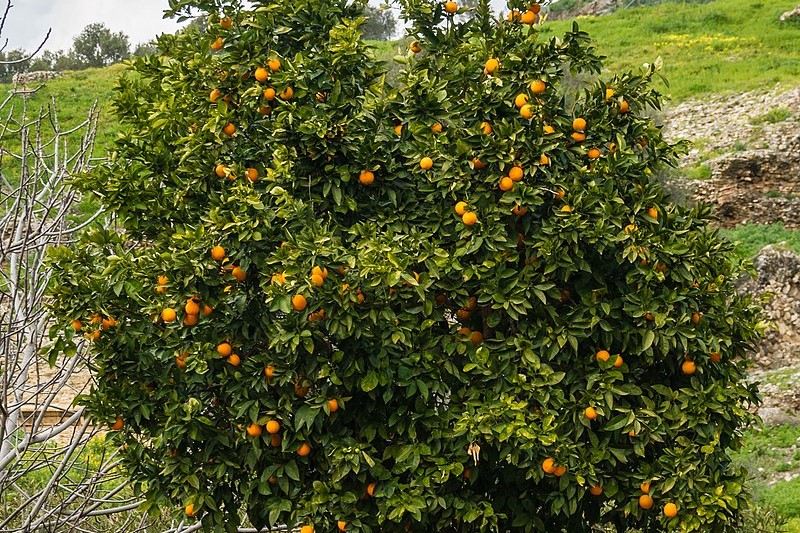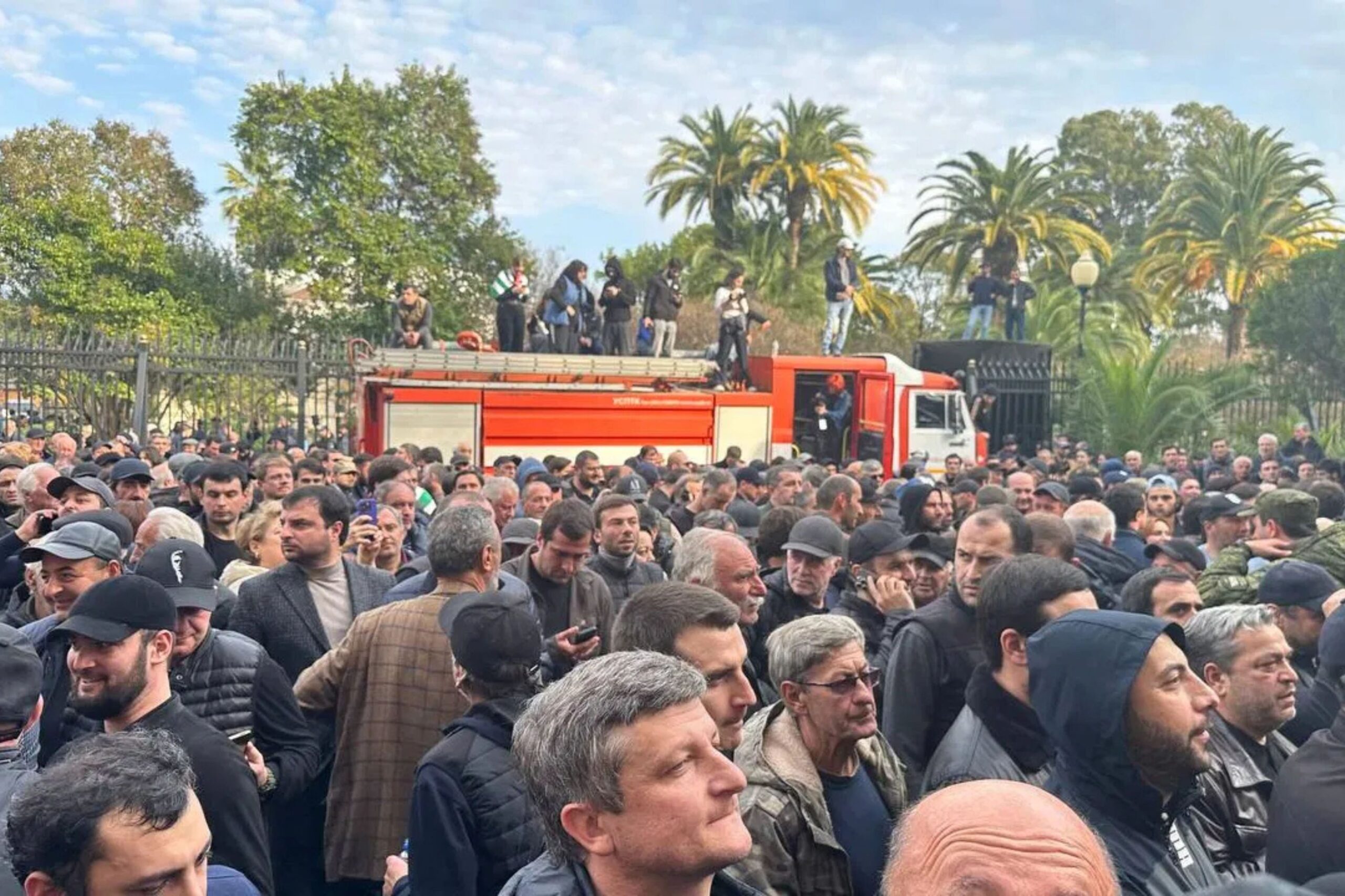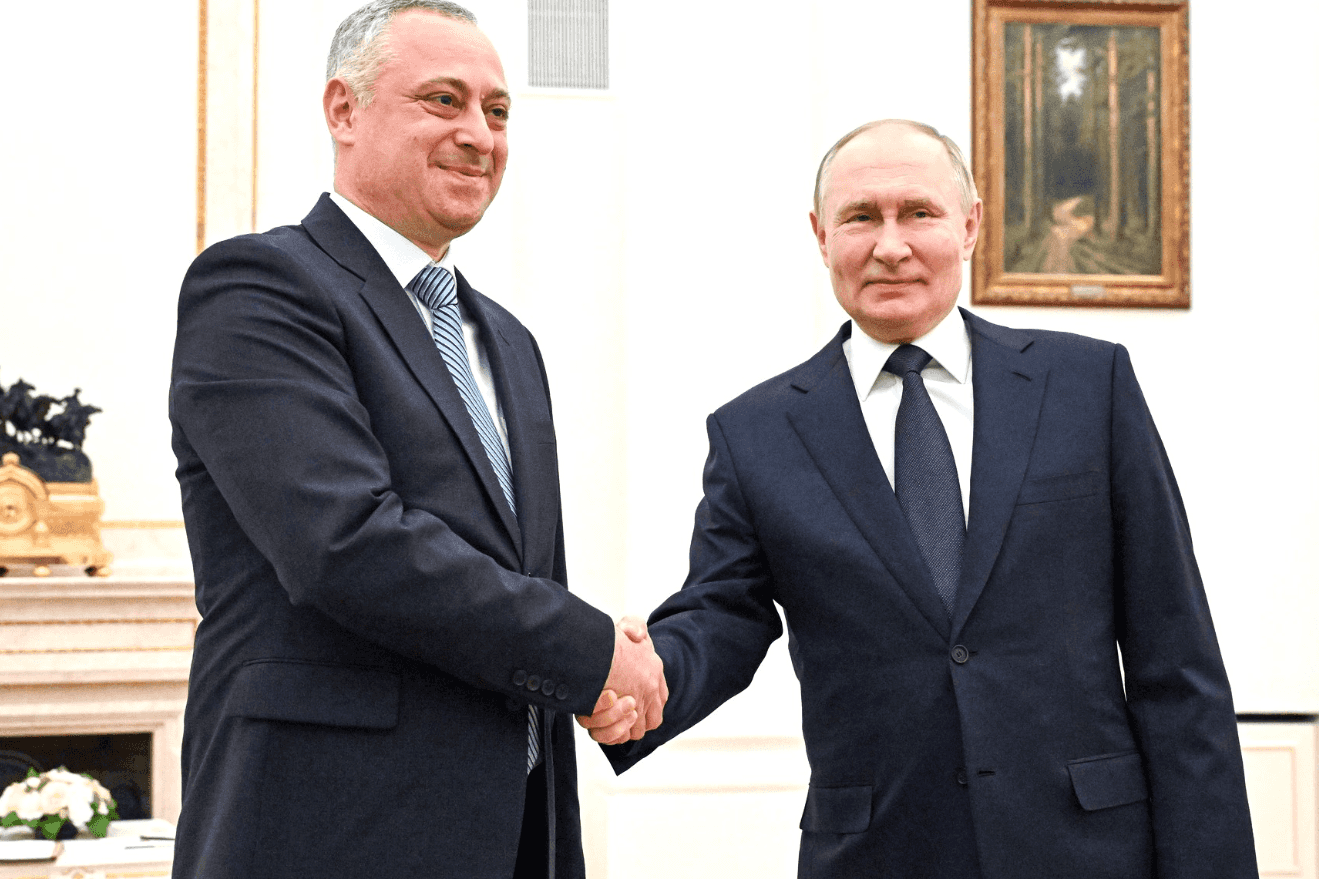Explainer | Who’s who in Abkhazia’s 2025 presidential elections
While the five candidates differ on domestic politics, they all broadly remain in favour of continuing Abkhazia’s pro-Russian orientation.

Editor’s note: A previous version of this article incorrectly stated that Badra Gunba’s vice presidential candidate was Alkhas Dzhindzholiya — it is Beslan Bigvava. The correction has been added.
Following the political crisis in Abkhazia in November 2024 that culminated in the ousting of former President Aslan Bzhaniya, new snap elections were scheduled for February 2025.
The crisis stemmed from public opposition to a controversial agreement that would have created preferential opportunities for Russian investment in Abkhazia, but morphed and escalated into overall dissatisfaction with Bzhaniya’s government.
One of the opposition leaders who spearheaded the protests that brought down Bzhaniya, Adgur Ardzinba, has registered as one of the five candidates in the upcoming election.
Three others are former Vice President Badra Gunba, former chair of the audit chamber Robert Arshba, and Oleg Bartstits, who previously served as Abkhazia’s trade representative in Russia.
The fifth candidate, Adgur Khurkhumal, Chair of the Black Sea Development Bank, had his candidacy approved by the Central Election Commission (CEC) on 16 January, just before the final deadline to register.
The familiar faces
Ardzinba and Gunba are considered to be frontrunners in the race. Both are the same age — 43-years-old — and are mainstays in Abkhazian politics.
In addition, due to their relative youth, both Ardzinba and Gunba have been able to avoid criticism for not having participated in the War in Abkhazia (1991–1993).
Previously, accusations were leveled at Bzhaniya for not fighting in the war, although he was of military age. In order to excuse his absence on the frontlines, Bzhaniya claimed he had been sent on a secret mission to Moscow by Abkhazia’s first president, Vladislav Ardzinba (no relation to Adgur Ardzinba).
The war still looms large over Abkhazia, and both Ardzinba and Gunba selected veterans as their respective running mates.
Gunba’s vice-presidential candidate, Beslan Bigvava, serves as the head of the Ochamchira District Administration, and in addition to fighting in the war, did business in Russia in the 2000s.
Alkhas Dzhindzholiya, Ardzinba’s choice for vice president, became a surgeon after serving in the war. He is now a co-owner of the Lekar pharmacy chain.
Dzhindzholiya and Bigvava both have skeletons in their respective closets, however.
Dzhindzholiya previously faced a lawsuit in which the family of a patient claimed a negligent death at his hands during a surgery. The mother of the deceased claimed that Dzhindzholiya was under the influence of drugs at the time, but he was ultimately acquitted in the case.
Bigvava was implicated in a shooting at a Sukhumi (Sukhum) restaurant in 2021, but he eventually reconciled with the wounded victim and financially compensated him, thereby preventing any criminal charges.
In terms of political views and electoral strategy, Ardzinba and Gunba have considerable overlap.
Both typically rely on retail politics, opting to travel around Abkhazia and speak to their constituents in person about the most pressing issues, which are societal polarisation, corruption, and energy. Both have promised to work to stop dividing Abkhazians into ‘us and them’, overcome clannism, and fight corruption.
Differences arise when their respective views on how to solve the energy crisis are compared.
Ardzinba has argued that energy production and distribution should remain in the hands of the state, and that a further crackdown on cryptocurrency mining, the installation of metering devices, and the collection of energy payments from the populace should be implemented in order to reduce consumption and help restore Abkhazia’s energy security.
On the other hand, Gunba has said he would follow in the footsteps of Bzhaniya in terms of energy policy, viewing energy as a potential investment opportunity.
Abkhazia relies primarily on the Enguri hydroelectric power plant (HPP), which is jointly administered with the government in Tbilisi, as well as a supply of subsidised energy from Russia, to satisfy its domestic needs. However, due to Sukhumi’s political disagreements with Moscow, which stem from the now abandoned investments agreement, that supply has dwindled, plunging Abkhazia into an ongoing energy crisis.

The alternative candidates
The other three candidates who have registered — Robert Arshba, Oleg Bartsits, and Adgur Khurkhumal — are relatively new faces in Abkhazia’s political scene.
Besides serving as the head of the audit chamber from 2013 to 2023, Arshba has not been publicly involved in political activities, and his biography displays no other jobs.
At the same time, Arshba is considered to be closely affiliated with former President Alexander Ankvab, a giant in Abkhazian politics who was ousted following popular protests in 2014. Ankvab was nonetheless then elected into parliament and became prime minister in 2020 as part of Bzhaniya’s government before resigning, along with Bzhaniya, in November 2024.
Arshba is ‘Ankvab’s candidate’, one of Ardzinba’s representatives, who preferred to remain anonymous, told OC Media, adding that although he has no official role in Abkhazian politics, ‘[Ankvab] is relying on a third force [Arshba]’.
‘People are tired of Bzhaniya’s ineffective and corrupt policies, and they don’t trust the opposition either, because they think that Russia will not support Ardzinba […] so Arshba becomes an alternative option for president. But no one falls for Ankvab’s scheming anymore, they know him too well’, the representative continued.
Bartstits, on the other hand, has had a long background in Abkhaz–Russian relations, having previously served as trade representative in Moscow and generally focusing on establishing business and other bilateral connections. He was selected to be Abkhazia’s ambassador to Moscow under Bzhaniya in 2020, but ultimately the position went to someone else for reportedly political reasons.
One analyst, who wished to remain anonymous, told OC Media that Bartstits is only running for president to angle for the position of ambassador to Russia.
‘Oleg Bartsits has lived all his life in Moscow, his biggest dream is to be there officially in office and do activities he’s most used to — organising ambassadorial events. I don’t think he really believes that he has a chance to get a majority of votes’, the analyst said.
Unlike Ardzinba and Gunba, Bartstits and Arshba have largely refrained from publicly campaigning, and instead opted for sharing interviews and content online to their supporters.
The last-minute addition to the slate was Adgur Khurkhumal, also a completely new face in Abkhazian politics. Khurkhumal, 42, is the chairman of the board of the Black Sea Development Bank.
Khurkhumal went to university in Maykop, in the Russian republic of Adygea, and is a business manager. As he has no previous experience in politics, his decision to run for office surprised many in Abkhazia. Preliminary polls have found that he is the least popular candidate, coming in at just 2%.
Who does Russia support?
The Russia factor has long played a role in Abkhazian elections, particularly given the critical role that aid from Moscow plays in supporting Sukhumi. As a result, the Abkhazian electorate has typically focused on how potential candidates will be perceived in Russia.
In past elections, however, Moscow’s preference in the campaign has not always corresponded to their candidate being elected, even in cases when Russia applied extra pressure to try and get its way.
In 2004, during the presidential race between Sergei Bagapsh and Raul Khadzhimba, Moscow openly advocated for Khadzhimba, saying he would be the Kremlin’s preferred candidate, while also referring to Bagapsh as being ‘pro-Georgian’, a non-starter in Abkhazian politics.
At the same time, Alexander Tkachev, then-governor of Russia’s neighbouring Krasnodar Krai, threatened to close the border with Abkhazia if Bagapsh won.
Nonetheless, Bagapsh eventually proved victorious, although the results were contested by Khadzhimba. In order to end the ensuing political crisis, the two candidates agreed to hold a new election. After the second round, Khadzhimba agreed to serve as Bagapsh’s vice president. Moscow then reconciled with the idea of Bagapsh as president, despite having actively supported his opponent.
This time around, Moscow has so far refrained from openly declaring support for any of the five candidates.
While there are differences in domestic policy, including on issues pertaining to Abkhazia’s relations with Russia, all presidential candidates are openly and unambiguously pro-Russian. Despite depictions in some media outlets that November’s protest movement that brought down ex-president Bhzaniya was ‘anti-Russian’, demonstrators made it clear that their ire was directed at the former president and his policies, not at Moscow.

‘The peculiarity of the elections in Abkhazia is that the candidates do not offer [specific] programmes, but individuals who, in their opinion, will be able to govern the country most effectively. And they choose [them] not because one of the candidates has a better development plan, but because they are a relative, a friend, more congenial, not a drug addict, and for other reasons’, the analyst who wished to remain unnamed told OC Media.
The election will be held on 15 February, and if none of the candidates receives an absolute majority — more than 50% of the vote — a second round of voting will be held within the subsequent two weeks.
For ease of reading, we choose not to use qualifiers such as ‘de facto’, ‘unrecognised’, or ‘partially recognised’ when discussing institutions or political positions within Abkhazia, Nagorno-Karabakh, and South Ossetia. This does not imply a position on their status.










